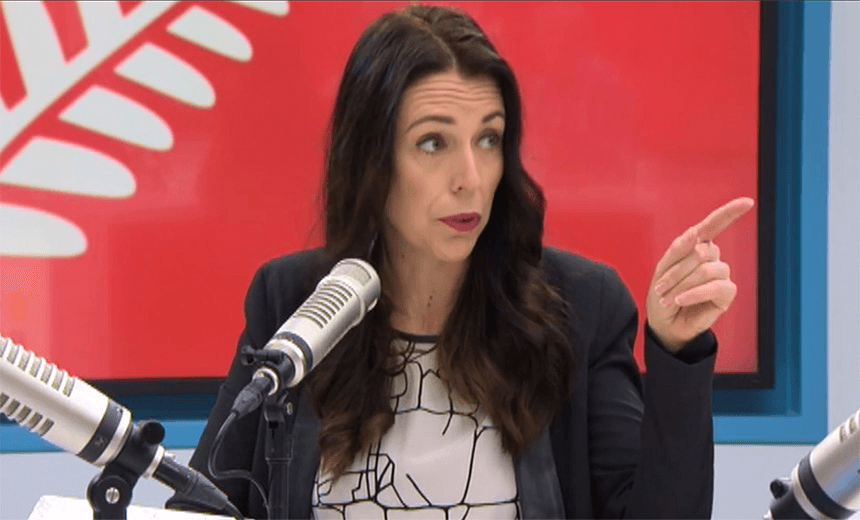Human Rights Commissioner Dr Jackie Blue has some strong words for those asking about Jacinda Ardern’s intentions with her womb.
As many women will have predicted, it was only a matter of time before media coverage of Jacinda Ardern’s rise to leader of the labour party was overtaken by discussion about her womb and whether she intended to use it to carry children.
Male hosts of two TV3 shows made it very clear to their audiences that they would desperately like to know what Jacinda’s intentions for her womb were. One even suggested that all women should be asked the question when applying for a role. And therein lies the problem. Because quite frankly, whether a woman intends on having children or not, is none of their bloody business. Oh, and by the way, it’s illegal to ask those questions as they breach the Human Rights Act.
Women face enough unconscious and conscious bias when they make it into the workplace without having another layer of bias thrown in the mix when they are interviewing for the job. According to Stats NZ, the gender pay gap between working dads and working mums is 17% compared with a gap of only 5% for non-parents. Women pay a high price for being mothers in the workforce.
Several studies have shown that the gender pay gaps rises markedly when women take on caring responsibilities. In fact, for women, it is virtually impossible to recover any ground they lose while taking on caring responsibilities. This will continue until the culture within our workplaces changes and it will continue until our tv show hosts stop implying that having children will render a woman incapable of doing her job.
One host, who appears to have attended boy scouts as a youth, insisted that asking women the question about future plans for their womb in an employment interview was about preparedness. “Because you might desperately want that person, because they are going to be a great employee – you need to be able to prepare in advance. Everyone needs to be able to prepare in advance.”
This is where we absolutely must change the conversation around having children.
As part of the Commission’s $600k gap project, we collected feedback and stories from women on issues and barriers they had faced in the workplace.
Being a mother in the workplace was a common theme – namely the struggles many had had with navigating prickly and inflexible employers when it came to having children. Concerningly, many of those women wanted to remain anonymous, for no other reason than that they felt their employer would treat them negatively for sharing their personal story.
And that’s exactly what needs to change.
Employers need to be adaptable and they need to be flexible. They need to be creating environments where having children isn’t seen as a nuisance or a hassle. Environments where having a womb doesn’t preclude a person from doing their job. Environments that value great employees and respect the idea that having children and a career isn’t founded on compromise.
Employers who are already making those adjustments to internal mindsets and are working to create those sorts of environments are the ones that will always come out on top. They value the contribution of their employee and in turn, their employee feels valued and works harder. They become the employer of choice.
Employers should be prepared for their employees, of any gender to have children, but their preparedness should not be the result of an answer to an interview question. There are a lot of words that could be used to describe the hiring practice proposal made by TV hosts in the past 24 hours, but at the Commission we call it discrimination and illegal.
Anyone who is keen to find out more on what employers can and can’t ask in an interview, should check out our A-Z Pre-Employment Guide for Employers and Employees
READ MORE OF THE SPINOFF’S COVERAGE OF LITTLE’S RESIGNATION AND ARDERN’S ELEVATION
The Society section is sponsored by AUT. As a contemporary university we’re focused on providing exceptional learning experiences, developing impactful research and forging strong industry partnerships. Start your university journey with us today.



